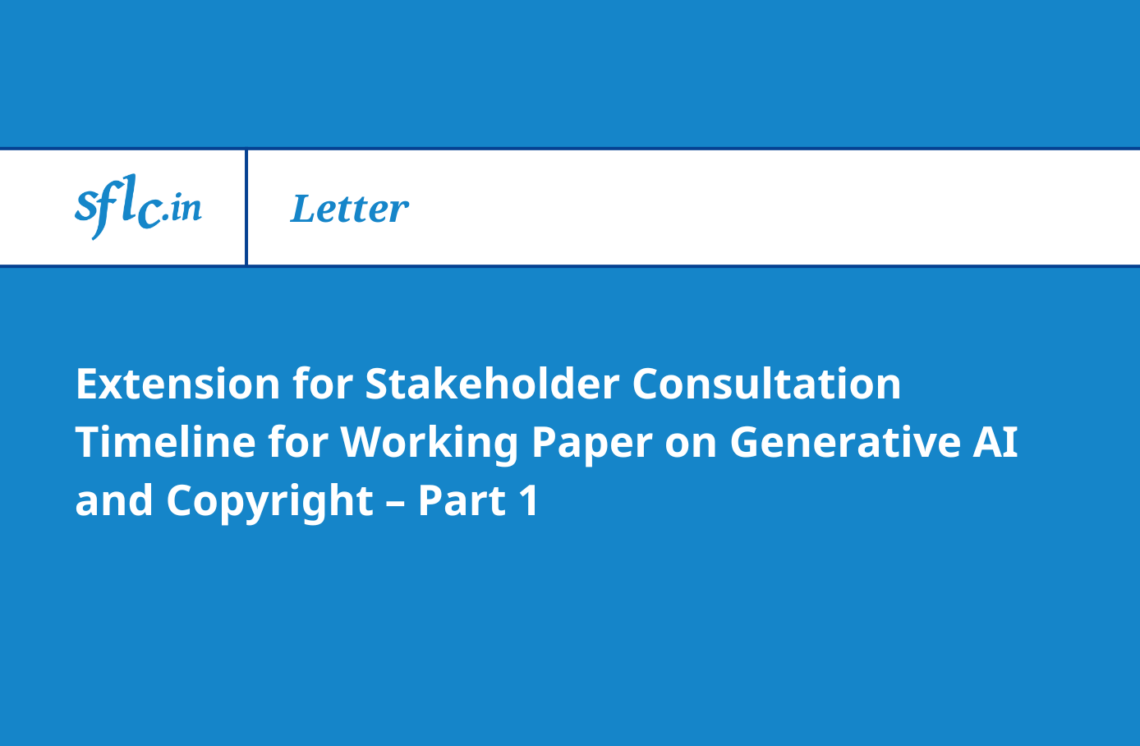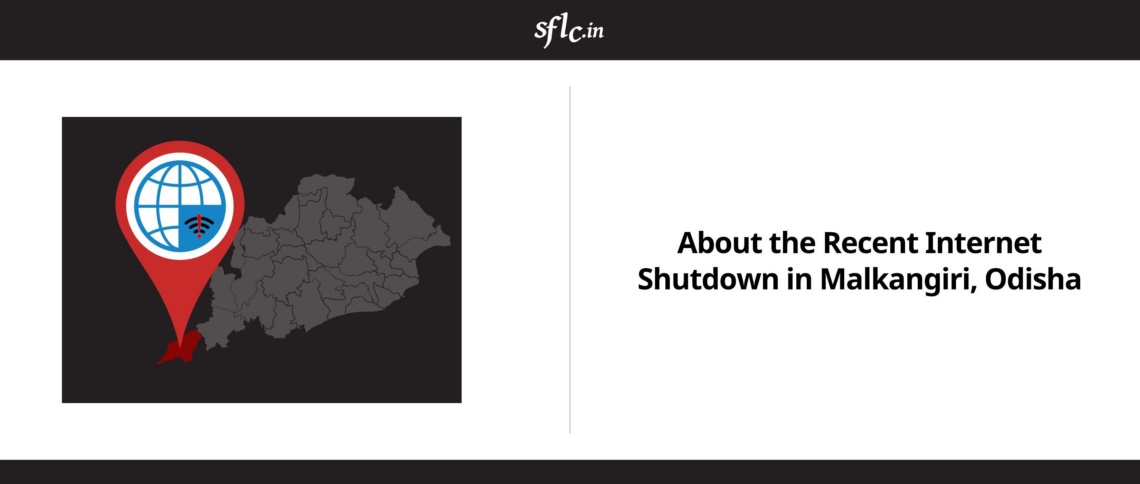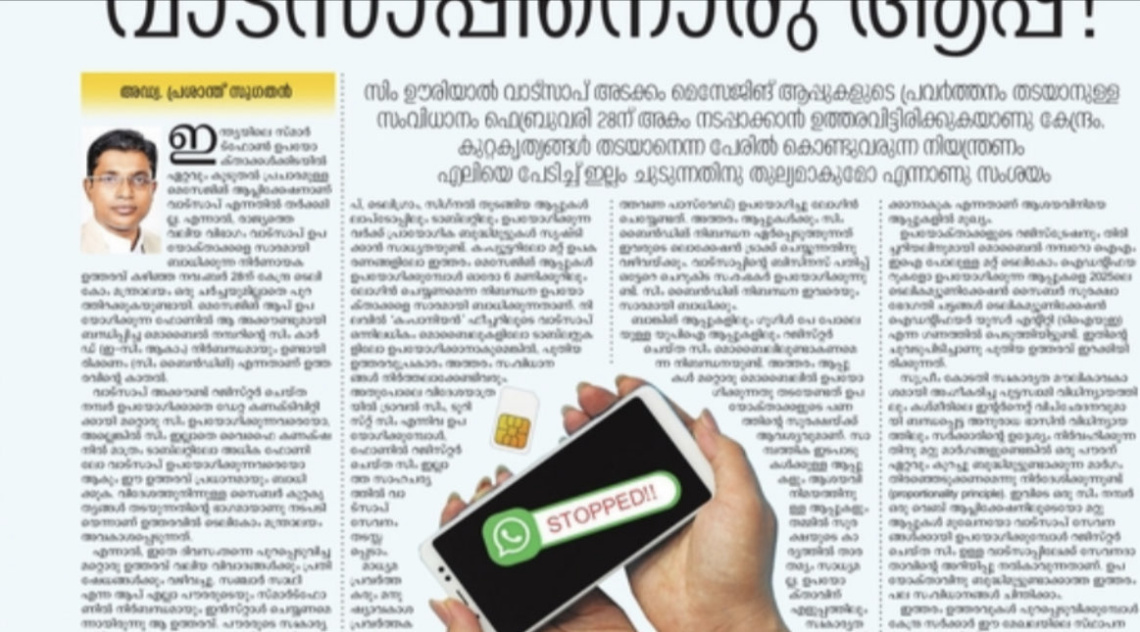On day 30 of the final Aadhaar hearing, Senior Advocate, Rakesh Dwivedi resumed his submission on Aadhaar technology being probabilistic in nature and stated that algorithms that are probabilistic are not all identical. He argued that the Parliament was conscious of the exclusion that could occur as a result of that as well as the existing digital divide in the country and therefore provided three alternatives under Section 7 of the Aadhaar Act. Mr. Dwivedi further pointed out that there cannot be denial of service owing to the alternatives provided. He also read Regulation 12 pertaining to Section 7 and reiterated that denial is something that should not happen, though some actions would need to be taken to ensure this.
Before the bench rose for lunch, Senior Advocate for petitioners, Mr. Shyam Divan requested the bench to direct the respondents to reply to the supplementary questions submitted by the petitioners for them to prepare for rejoinder.
In the context of public distribution system (PDS), Mr. Dwivedi read out the notification issued under section 7 and stated that for a limited purpose, ration cards are also included for identification. He mentioned that if for some reason, one member of a family is unable to authenticate, any other member of the family can come for authentication. J. Chandrachud enquired whether there is any isolated pocket in the country where Aadhaar services have not been able to reach and asked about the permeation rate in states like Jammu and Kashmir and Sikkim. In reply, Mr. Dwivedi said that alternative methods will apply in such a case and he will submit figures to the bench later. He also highlighted that as of now, while the judgment is pending, even if someone has not enroled for Aadhaar, there’s no compulsion under Section 7 and still time to enrol. As regards the PDS scheme, Mr. Dwivedi pointed out that the central government is competent to replace the identification card with which benefit is to be obtained if it thinks that the latter is more reliable. Thus, it can replace the ration card with Aadhaar card.
Furthermore, Mr. Dwivedi emphasized that to be ‘recognized’ is a matter of dignity and pride for every individual. He also stressed upon the fact that no right is absolute and that regulations are permissible. To this, J. Chandrachud remarked that there should be a choice of identity. If there is no choice given, it is not proportional. In response, Mr. Dwivedi stated that if one has to get benefits from an institution, they should comply with the requirements prescribed by it.
Praising Aadhaar, he also asserted that Aadhaar is unique and universally applicable and has no language barrier like other ID cards. J. Chandrachud opined that once biometrics are attached to every transaction an individual undertakes, it ceases to be just an identification mark. Mr. Dwivedi replied saying that only one finger and one iris is used for authentication and that it discloses no information. J. Chandrachud commented that fingerprint by itself does not disclose any information, but when it attaches with all other information, it forms a wealth of information and then comes the need of data protection. Mr. Dwivedi answered that data is disaggregated between different requesting entities (RE) and in most cases, authentication is done only once. For e.g, PAN is for lifetime, authentication for SIM cards is done only at the time of obtaining it. There is no real time tracking done through Aadhaar, asserted Mr. Dwivedi. In this regard, Senior Advocate, appearing for petitioners said that UIDAI’s demonstration of withdrawing Rs. 100 using a thumbprint was tracking. Mr. Dwivedi asked, “Where is it provided in law that you need to give your thumbprint every time you transact? You only have to link it once to your bank account.” Mr. Divan gave the example of being asked for his thumb impression every time he needs open a fixed deposit. To this, Mr. Dwivedi remarked that not everyone is capable of opening a fixed deposit every day and that it is done once or twice a year generally.
Next, Mr. Dwivedi came to his submission on dignity of individual and highlighted that there are two parts of the preamble: “To secure to all its citizens…” and “to promote among them all…”. In this regard, he asserted that securing justice is a part of the basic feature of the Constitution. He also emphasized that to provide the minimum requirements to enable a man to survive to live is a positive duty of the State. J. Chandrachud interjected and commented that the Constitution protects dignity in all its forms. J. Sikri also remarked that providing food is part of dignity and so is privacy. When there’s a conflict between the two, it has to be considered which should prevail, but, why can’t we say that there’s no conflict and both are to be ensured. Chief Justice of India, J. Misra pointed out that the storage of fingerprints in the central identities data repository (CIDR) is an invasion of right to privacy. To this, Mr. Dwivedi stated that any system which involves biometrics will require storage of it- either at single point or multiple.
Lastly, Mr. Dwivedi read out relevant articles from the Universal Declaration of Human Rights (UDHR) and excerpts from Kesavananda Bharati v. State of Kerala on dignity and human rights. He also cited the NALSA judgment and asserted that a positive obligation lies on the State to ensure the dignity of citizens. Some German cases which specifically said that minimum conditions have to be provided to ensure basic human rights were also referred to by Mr. Dwivedi.
He will continue his submissions tomorrow (April 19. 2018).



